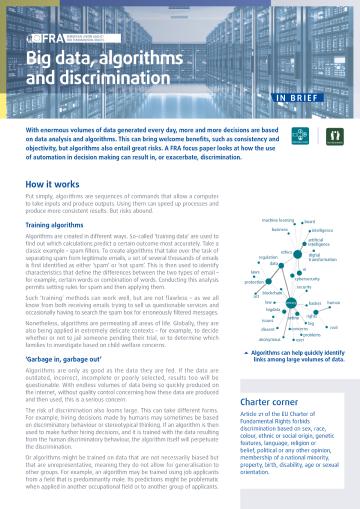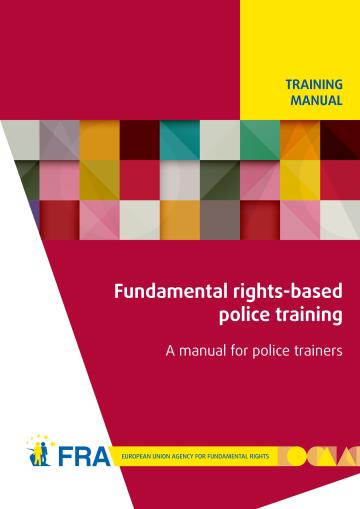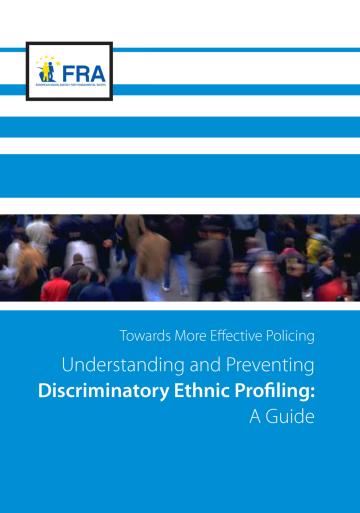Elaboración ilícita de perfiles
Highlights
- VideoThere are many reasons for the police to stop someone. But prejudice should not be one of them. Find out what FRA is doing to end discriminatory police stops.
- In brief / Factsheet20September2018With enormous volumes of data generated every day, more and more decisions are based on data analysis and algorithms. This can bring welcome benefits, such as consistency and objectivity, but algorithms also entail great risks. A FRA focus paper looks at how the use of automation in decision making can result in, or exacerbate, discrimination.
- Handbook / Guide / Manual5December2018En esta guía se explica qué es la elaboración de perfiles, los marcos jurídicos que la regulan, y por qué llevarla a cabo de manera lícita no solo es necesario para respetar los derechos fundamentales, sino también crucial para la eficacia de la actuación policial y la gestión de fronteras. Esta guía contiene también orientaciones prácticas sobre cómo evitar la utilización ilícita de perfiles en las operaciones de vigilancia policial y gestión de fronteras.
- Report / Paper / Summary11June2019Algorithms used in machine learning systems and artificial intelligence (AI) can only be as good as the data used for their development. High quality data are essential for high quality algorithms. Yet, the call for high quality data in discussions around AI often remains without any further specifications and guidance as to what this actually means.











